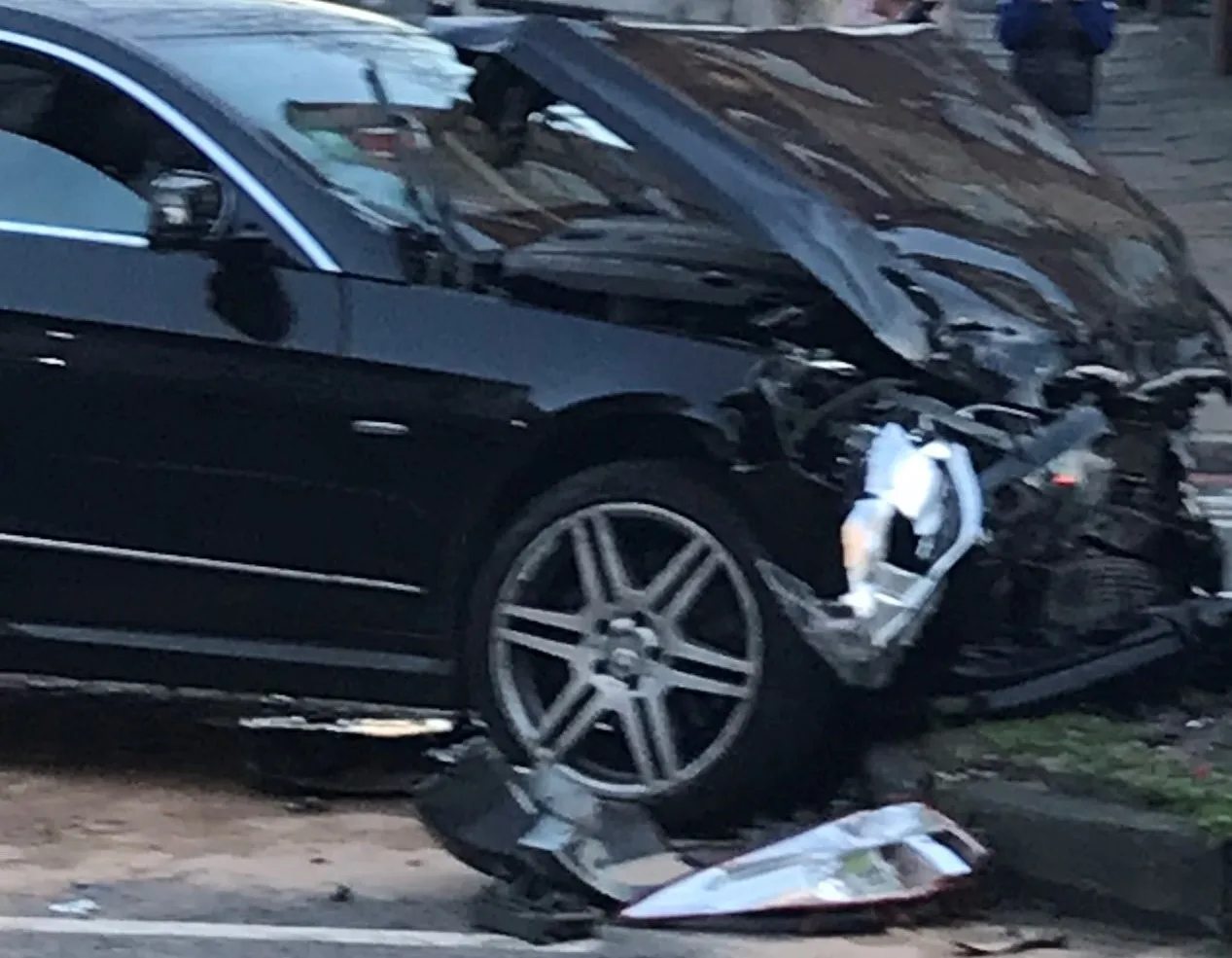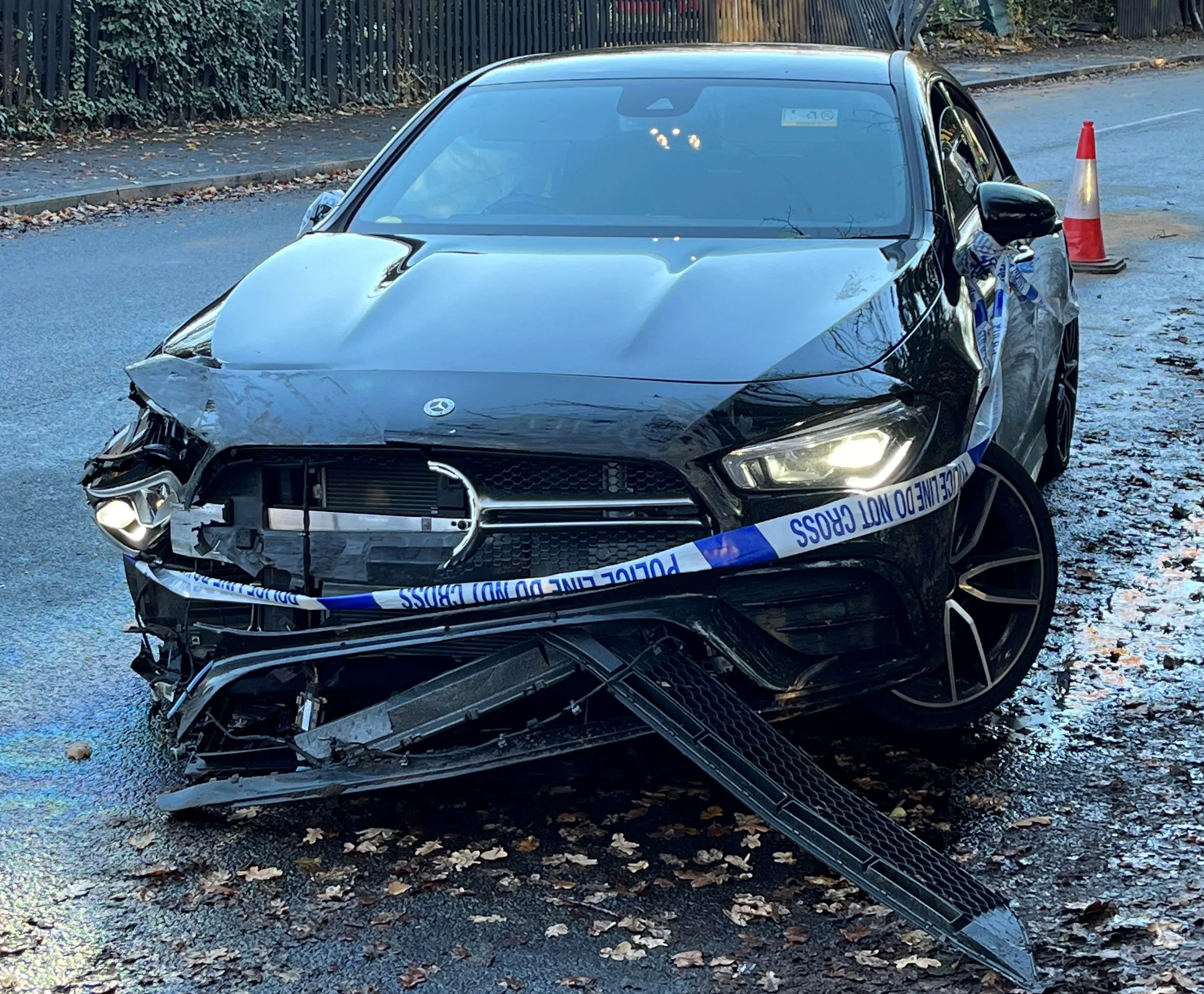UK road safety charity Brake has praised police for their greater efforts to catch drink and drug drivers over the festive period, and welcomed news that drink drive arrests were down while breath-tests were up.
A total of 6,550 people were arrested in the month-long police enforcement campaign over Christmas and New Year, 573 less than during the same period last year, according to figures released by the Association of Chief Police Officers (ACPO).
The drop in arrests comes despite an increase in enfor
January 29, 2014
Read time: 3 mins
UK road safety charity 3963 Brake has praised police for their greater efforts to catch drink and drug drivers over the festive period, and welcomed news that drink drive arrests were down while breath-tests were up.
A total of 6,550 people were arrested in the month-long police enforcement campaign over Christmas and New Year, 573 less than during the same period last year, according to figures released by the1588 Association of Chief Police Officers (ACPO).
The drop in arrests comes despite an increase in enforcement activity over the period, with 191,040 breath tests conducted, up from 175,831 in 2012. Of those tested, 3.4% failed or refused the test, down from 4% in 2012. Drink driving also fell among young people, with 4.4% of under 25s failing the test, down from 5.3% in 2012.
Despite the fall in drink-drug drive offences, Brake says there is still a long way to go to completely stamp out the menace of drink and drug driving throughout the year. According to a recent Brake survey, many drivers are continuing to take the deadly risk of driving after drinking, and many who pass the breath test could still be unsafe to drive due to the UK's high drink drive limit. As a result, Brake is renewing its calls for a zero tolerance drink drive limit of 20mg per 100ml blood.
Brake is also urging the government to give greater priority to traffic policing and ensure sufficient resourcing is available for vital drink and drug driving enforcement.
Julie Townsend, Brake’s deputy chief executive, said, “It is encouraging to see an increase in vital drink drive enforcement over the festive period and fewer arrests. However drink driving remains one of the biggest killers on our roads and we have some way to go before we persuade all drivers to commit to never driving after drinking. People who persist in drink driving needlessly put the lives of others at grave risk and too often cause crashes that devastate families and communities, all for the sake of a drink. The police do great work catching these irresponsible drivers, but the government needs to give them the backing they need to do their job, by making traffic policing a national priority and adopting a zero tolerance limit. The message needs to be clear: it should be none for the road."
A total of 6,550 people were arrested in the month-long police enforcement campaign over Christmas and New Year, 573 less than during the same period last year, according to figures released by the
The drop in arrests comes despite an increase in enforcement activity over the period, with 191,040 breath tests conducted, up from 175,831 in 2012. Of those tested, 3.4% failed or refused the test, down from 4% in 2012. Drink driving also fell among young people, with 4.4% of under 25s failing the test, down from 5.3% in 2012.
Despite the fall in drink-drug drive offences, Brake says there is still a long way to go to completely stamp out the menace of drink and drug driving throughout the year. According to a recent Brake survey, many drivers are continuing to take the deadly risk of driving after drinking, and many who pass the breath test could still be unsafe to drive due to the UK's high drink drive limit. As a result, Brake is renewing its calls for a zero tolerance drink drive limit of 20mg per 100ml blood.
Brake is also urging the government to give greater priority to traffic policing and ensure sufficient resourcing is available for vital drink and drug driving enforcement.
Julie Townsend, Brake’s deputy chief executive, said, “It is encouraging to see an increase in vital drink drive enforcement over the festive period and fewer arrests. However drink driving remains one of the biggest killers on our roads and we have some way to go before we persuade all drivers to commit to never driving after drinking. People who persist in drink driving needlessly put the lives of others at grave risk and too often cause crashes that devastate families and communities, all for the sake of a drink. The police do great work catching these irresponsible drivers, but the government needs to give them the backing they need to do their job, by making traffic policing a national priority and adopting a zero tolerance limit. The message needs to be clear: it should be none for the road."







